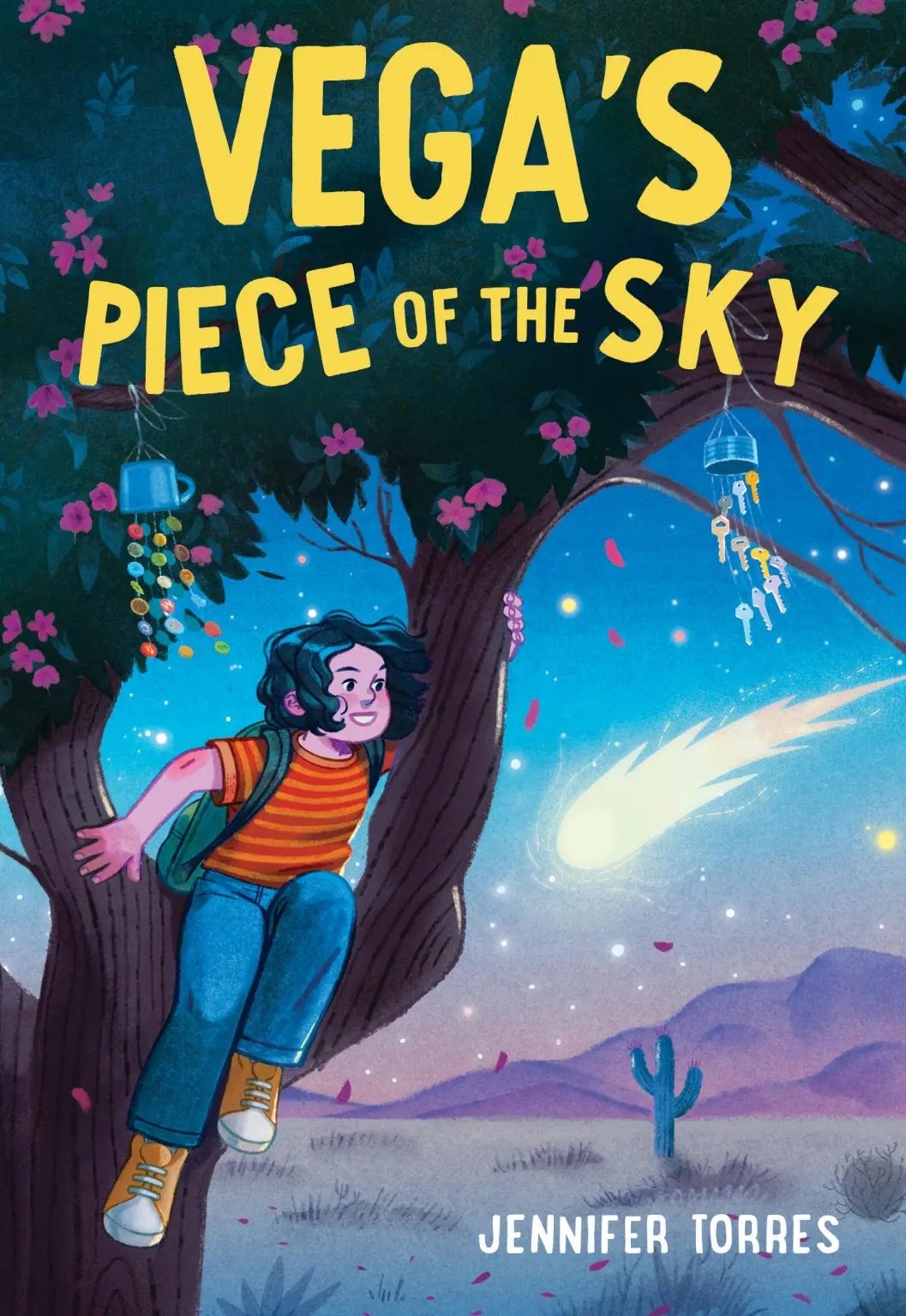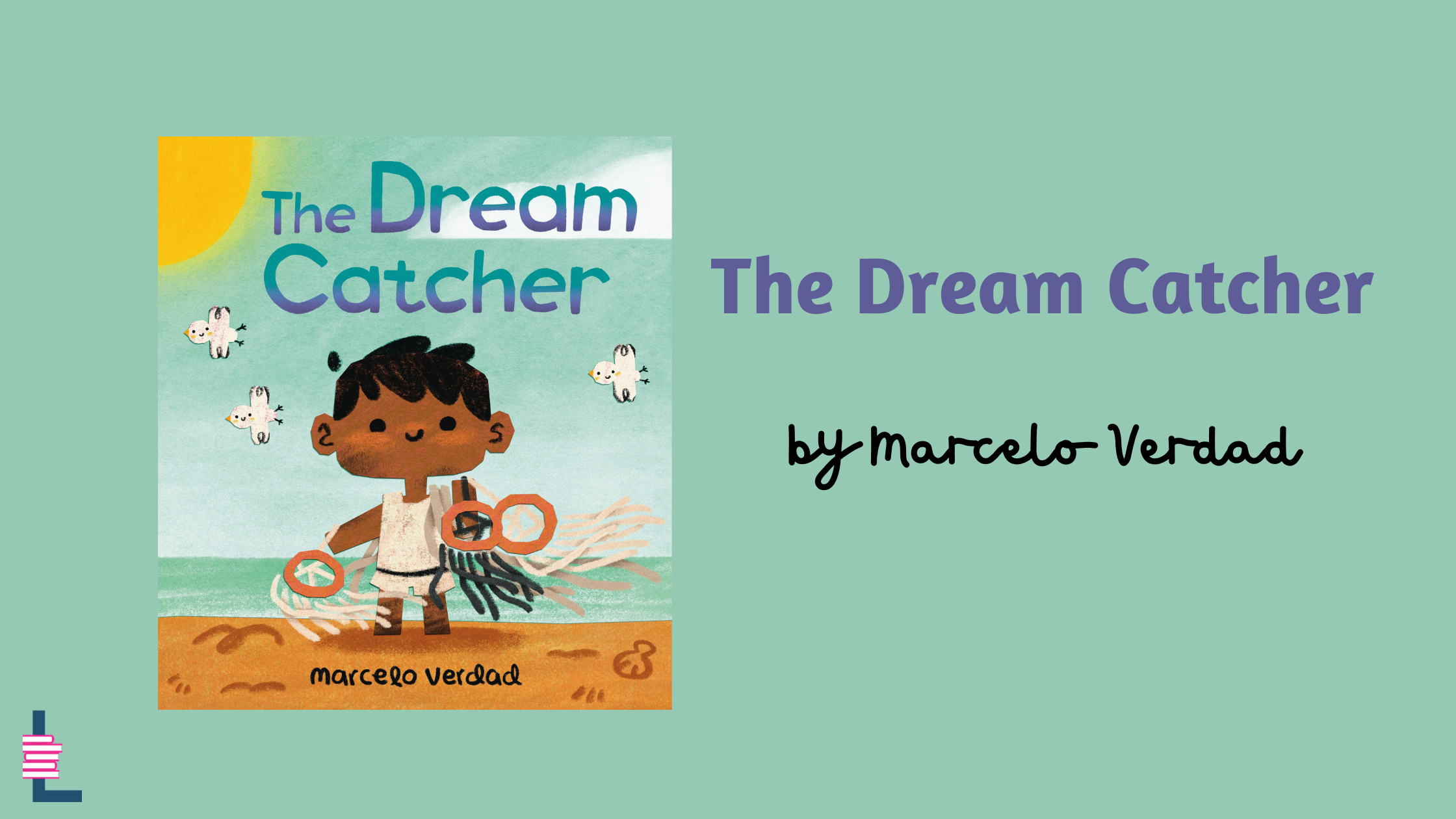Our memories are often stories we’ve been told or we tell ourselves. They are translations that can become mistranslated, skewed perspectives that warp as time passes. Upon losing a loved one, these unreliable recollections can transform into dark, murky waves of grief painful to wade through. In her debut collection, Sara Daniele Rivera plunges into the depths of sorrowful absence, exploring the salience of mortality, malleable memories, survival, and uncertainty that emerge in the face of earth-shattering losses. Out of the rubble rises a marvelous mosaic of bilingual, elegiac poems grounded in the physical landscapes of mountains, oceans, and deserts that The Blue Mimes illustrates.
Beginning with poems of memory and political instability, Rivera seems to focus on the world’s fraying connections — specifically in the time between the 2016 presidential election and the COVID-19 pandemic — alongside the meditation of personal rifts created by catastrophic grief. She vividly exhibits moments of hopelessness and the ways in which a bereaved person approximates their former selves at an attempt at survival. The poems often feel like puzzle pieces of fragmented memories that interlock to paint a larger story of losing family members, survival, and acceptance of the often frightening idea of death. The Blue Mimes expertly weaves a plethora of ruminations — seemingly about community during grief, cultural influence and un-belonging, the boundaries of language, migration, assimilation, separation, absence, and more — together to allow the possibility of healing.
Rivera pens this collection with a talent for evocative imagery, surprising cleverness, and acute self-awareness. As an artist and a fiction writer, she skillfully paints beautiful scenes of natural elements and landscapes, transporting readers to the boulders, beaches, bodies of water, and various places in Albuquerque, Lima, and Havana, all equally light and dark. In an interview with reviewer Paul Semel, Rivera discusses how she kept coming across various types of absences, even those losses found in assimilation, in not remembering words and in the words that were never taught to you. “I was interested in the things we say and can’t say and choose never to say, and how we attempt to make sense of those silences,” the author wrote in the email interview. A winner of the Academy of American Poets First Book Award, The Blue Mimes is a poignant collection written through the waves of grief and during a tumultuous period in Rivera’s personal life. These are poems ultimately written in the search for resolve.
“The Blue Mimes examines how we move on and come to terms with mortality and irrevocable change, and how to find stability, love, acceptance, and ourselves when the earth cracks open beneath us. ”
Within the caverns of these poems, Rivera seems to circle the inability to accurately describe the profundity of absence and loss despite knowing two languages. She progresses through memory and feelings of instability to arrive at an understanding of the human condition. The complexity found at the intersection of grief and Latinx identities may be the most interesting about this collection. There appears to be an overwhelming attempt to grapple with losing lineage, family history, and sense of identity upon the loss of an immigrant parent. Rivera’s poems beautifully memorialize loved ones while acknowledging the survival, self-growth, change, and continuation of life during mourning.
The Blue Mimes examines how we move on and come to terms with mortality and irrevocable change, and how to find stability, love, acceptance, and ourselves when the earth cracks open beneath us. Rivera seems to focus on accepting that we are born from struggle, loss, and hardship, carrying the archeology of our loved ones with us as the earth heals the spaces and cracks they left behind.
Lorraine Olaya is a Colombian-American writer, editor, and poet born and raised in Queens, New York. She is a recent graduate from New York University with a B.A. in English and minors in Creative Writing and French. Often drawing inspiration from Latina writers such as Gloria Muñoz, Rio Cortez, Sandra Cisneros, and more, Lorraine’s work explores the experiences of the Latine diaspora, focusing on dual identity, culture, community, first-generation struggle, immigration, and familial love. Her poetry has been previously published in The Roadrunner Review, Laurel Moon Magazine, Drunken Boat Magazine, The Acentos Review, Esferas Undergraduate Journal, and elsewhere.




























